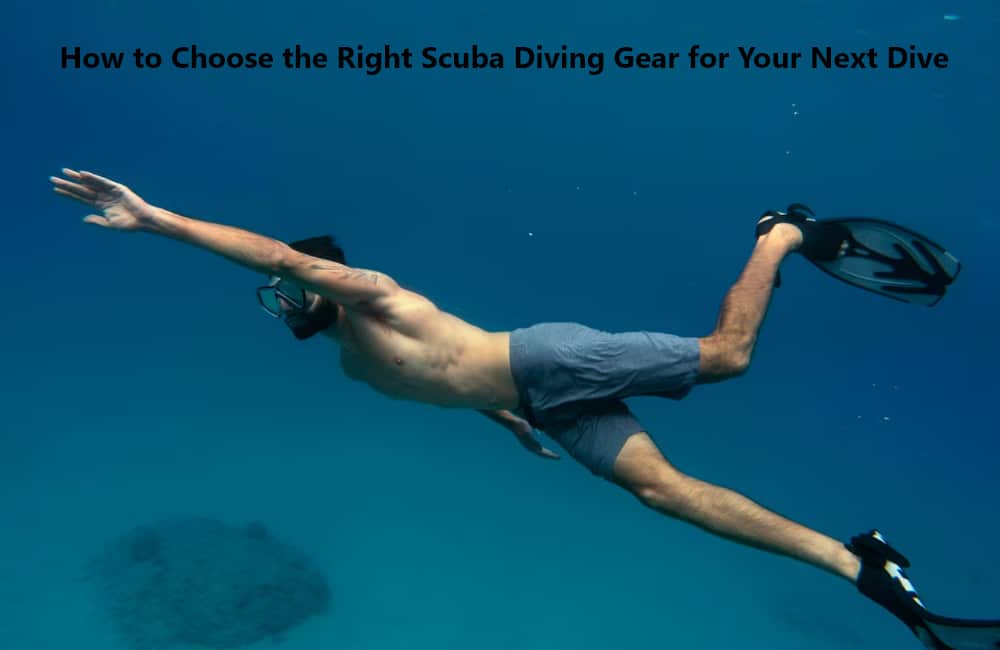No matter your experience level, selecting the right scuba diving gear for your next adventure is essential. With the large array of options available on the market today, making an informed decision can be daunting — but it doesn’t have to be!
In this blog post, we’ll cover all you need to know about choosing the best equipment for unique dive situations and budget points. With a little research and effort upfront, you can ensure that you’re properly equipped for your next exploration into our incredible underwater world. Now let’s take a deep dive (pun intended) into what it takes to pick out great scuba diving gear!
Considerations before choosing your gear
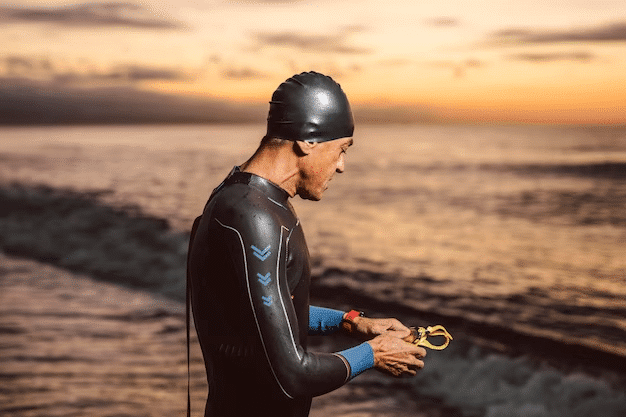
When embarking on the adventure of scuba diving, selecting the appropriate gear plays a crucial role in ensuring a safe and enjoyable underwater experience. Prior to investing in equipment, it is vital for divers to assess their skill level, the type of diving they plan to undertake and the specific environmental conditions they may encounter.
For instance, beginners should opt for user-friendly, versatile equipment, whereas experienced divers may seek specialized gear tailored to their requirements. Furthermore, comfort and fit are key factors; ill-fitting equipment can significantly impede diving performance and increase the risk of accidents. A professional consultation at a reputable dive shop can prove to be invaluable in guiding divers towards making well-informed choices that align with their unique needs and preferences.
Additionally, one must not overlook the importance of proper maintenance as well as investing in high-quality, durable gear to maximize the longevity and effectiveness of their diving equipment.
Dive location and conditions
When preparing for a scuba diving adventure, it is crucial to carefully consider the specific gear you’ll utilize to ensure both safety and enjoyment below the surface. One particularly important factor is the dive location and the conditions that may be faced there, as different environments present unique challenges and risks that should impact your equipment choices. Whether you’re diving in crystal clear, calm waters or venturing into colder, murkier depths, you’ll want gear that is well-suited for the circumstances
Personal experience and skill level
Additionally, it’s crucial to take your personal experience and skill level into account when selecting diving gear, as some items may be better suited to seasoned divers, while others may provide more comfort for those who are new to the sport.
In the end, by thoughtfully examining the dive location and conditions in conjunction with your unique diving ability, you can ensure that your scuba gear is tailored to provide the best possible experience beneath the waves.
Type of diving (recreational, technical, etc.)
Before embarking on the thrilling adventure of scuba diving, it’s crucial to carefully consider the type of gear that suits your needs and preferences. The vast array of scuba diving equipment options can be overwhelming, but a few key factors will guide you in making the perfect choice. The type of diving you’ll be participating in, such as recreational or technical diving, will significantly impact the kind of gear that matches your requirements. An experienced wreck diver may need specialized apparatus compared to a leisurely holiday diver.
Budget
Also, carefully evaluating your budget is paramount to ensure that you spend wisely on reliable and durable equipment without compromising safety or performance. Investing in high-quality equipment that aligns with your skill level, diving goals, and financial resources will ultimately enable you to explore the captivating underwater world with the utmost confidence and ease.
By attentively considering these aspects of your diving experience and consulting with experts, you’ll be well-prepared to plunge into the remarkable underwater world with the optimal gear tailored just for you.
Essential scuba diving gear and their functions
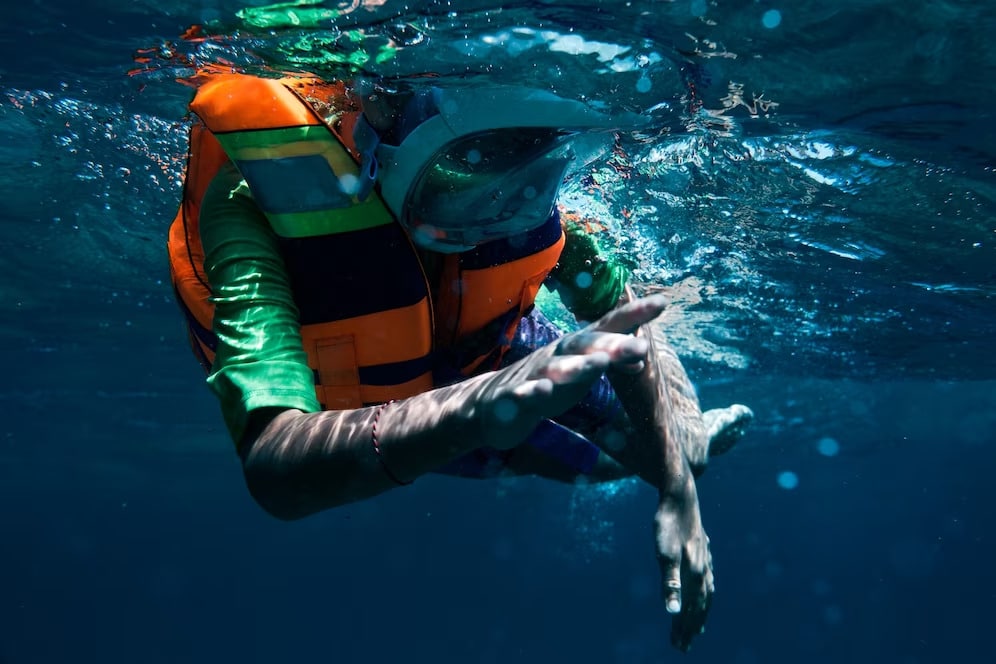
Following are the essential scuba diving gears and their functions.
Regulator and octopus
The regulator and octopus are the first connection from the diver to his or her air supply, enabling them to breathe through the tube connected to their air tank.
Buoyancy control device (BCD)
The BCD, on the other hand, helps regulate buoyancy underwater so that divers can stay at depth while they explore. Together, these devices are critical for allowing divers a safe and enjoyable experience under the waves.
Dive computer
Submerging yourself in the captivating underwater world is an exhilarating experience, and having the essential scuba diving gear is crucial for both comfort and safety. When it comes to modern scuba diving equipment, two important components are the dive computer and the choice between a wetsuit or dry suit. A dive computer is an indispensable tool that constantly tracks your depth and time spent submerged, calculating your body’s nitrogen absorption rates, and providing critical information about ascent speeds and required decompression stops. This valuable piece of equipment helps to mitigate the risk of decompression sickness, ensuring a safe and pleasurable dive.
Wetsuit or dry suit
In addition to this vital piece of technology, selecting the appropriate suit is crucial for ensuring thermal protection and functionality. A wetsuit absorbs water and relies on your body heat to warm the trapped water layer, providing insulation and allowing you to enjoy temperate waters. In contrast, a dry suit features airtight seals that keep you completely dry, enabling you to explore colder environments without losing precious body heat. In both cases, choosing the right suit can be the key to an enjoyable, prolonged, and safe diving experience.
Fins, masks, and snorkel
However, it’s vital to be well-equipped for the adventure by understanding some essential scuba diving gear and their functions. Fins are a crucial component as they help divers move efficiently through the water by increasing propulsion and reducing fatigue.
Masks create an air space in front of your eyes, permitting you to see clearly underwater. They also form a seal to keep water out, as well as holding the nose, which is essential for equalizing pressure during descents and ascents.
In addition, a snorkel is a valuable piece of equipment that enables you to breathe on the surface without consuming air from your tank, conserving it for the actual dive. It also facilitates the efficient exploration of shallow reefs, providing an uninterrupted supply of fresh air.
These fundamental pieces of gear ensure a safe and enjoyable diving experience, making your underwater explorations not only captivating but also comfortable.
Factors to consider when selecting each gear type
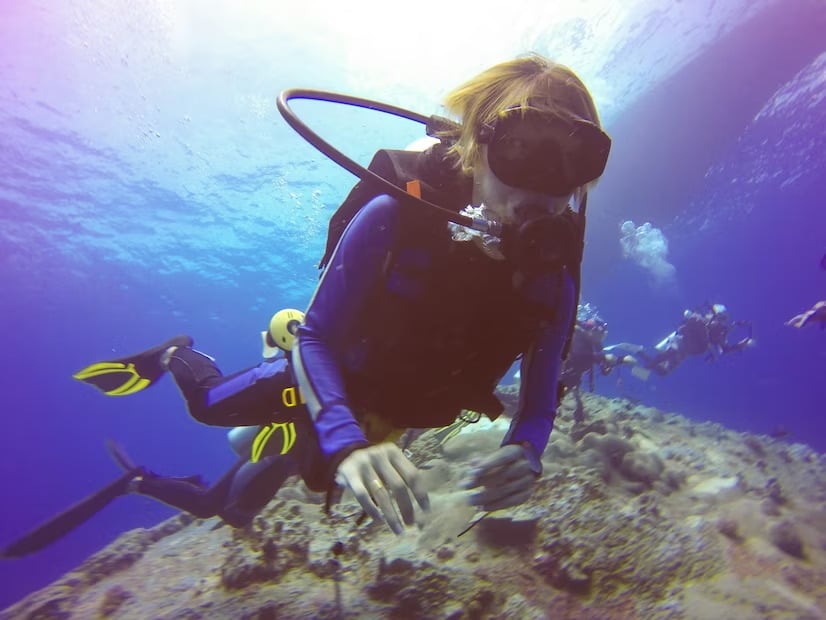
Following are the factors to consider when selecting each gear type.
Regulator and octopus
There are many factors to consider when selecting each type of gear, such as performance, ease-of-breathing, weight, and comfort for your regulator and octopus duo.
BCD
Additionally, your BCD should fit properly, offer adequate lift capacity, preferably with pockets to store extra items while diving, and have integrated weight options. By doing adequate research into different gear combinations and considering the appropriate characteristics needed for success in the water – safety always being number one – you may find the correct combination that is well suited for a positive and successful underwater experience.
Dive computer
When selecting any piece of scuba diving gear, it’s important to consider the features that feature prominently in each item. For a dive computer, features such as the display style, battery type and run time, and user interface should be considered for selection. Additionally, compatibility with other pieces of gear should be determined before purchase to ensure an optimal experience during dives.
Wetsuit or dry suit
When selecting any piece of scuba diving gear, it’s important to consider the features that feature prominently in each item. For a dive computer, features such as the display style, battery type and run time, and user interface should be considered for selection. Additionally, compatibility with other pieces of gear should be determined before purchase to ensure an optimal experience during dives.
Fins, mask, and snorkel
Gear selection can make all the difference in your overall dive satisfaction, which is why adopting an informed approach is key when it comes to selecting your fins, mask, and snorkel. To begin, make sure that your equipment properly fits your face and feet, as an improper fit may lead to discomfort or even pose a safety risk.
Comfort plays a significant role in diving as it can impact performance and endurance while submerged, which is why selecting items designed with soft materials and ergonomic shapes can work to reduce fatigue and irritations.
Furthermore, considering the various features offered by different gear types, such as the fin’s propulsion style or the mask’s lens and frame design, can significantly enhance your diving experience.
Other gear to consider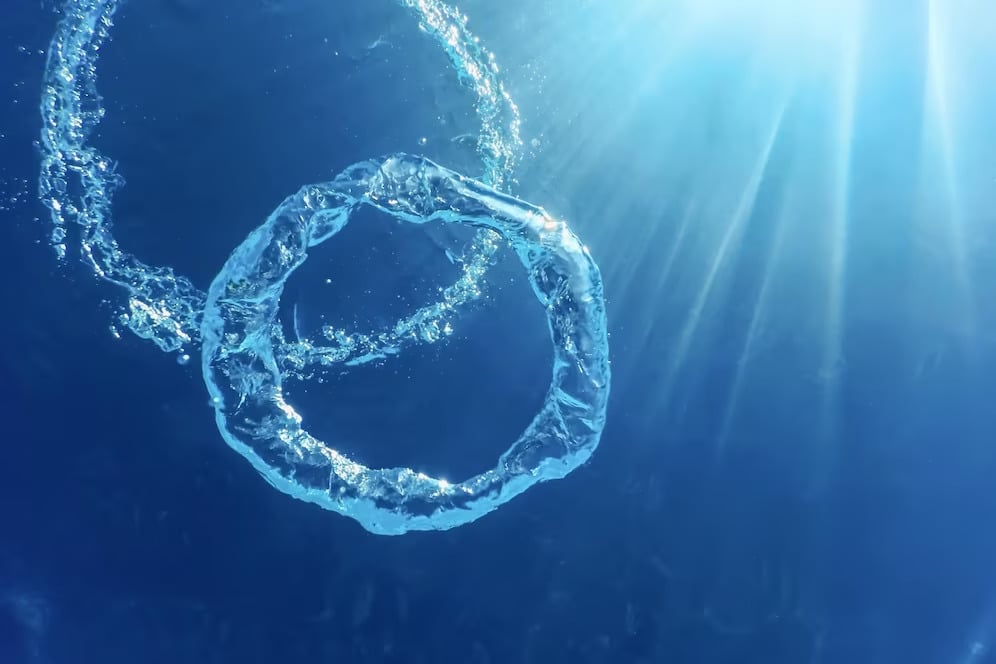
Following are the other gears to consider. When planning your underwater adventures, it’s essential to think about not only the basic scuba diving equipment but also other gear that can enhance your experience and ensure your safety.
Dive lights
Dive lights are a crucial addition, providing visibility in dim or dark environments, while also attracting marine life in the depths.
Dive knife or cutting tool
Equipping yourself with a dive knife or cutting tool may come in handy in case of emergencies, such as entanglement in fishing lines or nets.
Surface marker buoy (SMB)
Having a surface marker buoy (SMB) enables you to signal your location to boat crew or other divers, increasing your safety during ascents.
Reels and spools
Reels and spools can be useful for navigation, assisting in measuring distance and marking entry points.
Underwater camera or video equipment
Last but not least, capturing the magic of the undersea world is an unforgettable experience, so consider investing in an underwater camera or video equipment to record your dives and share your memories with friends and family.
Choosing the right gear for your needs and preferences 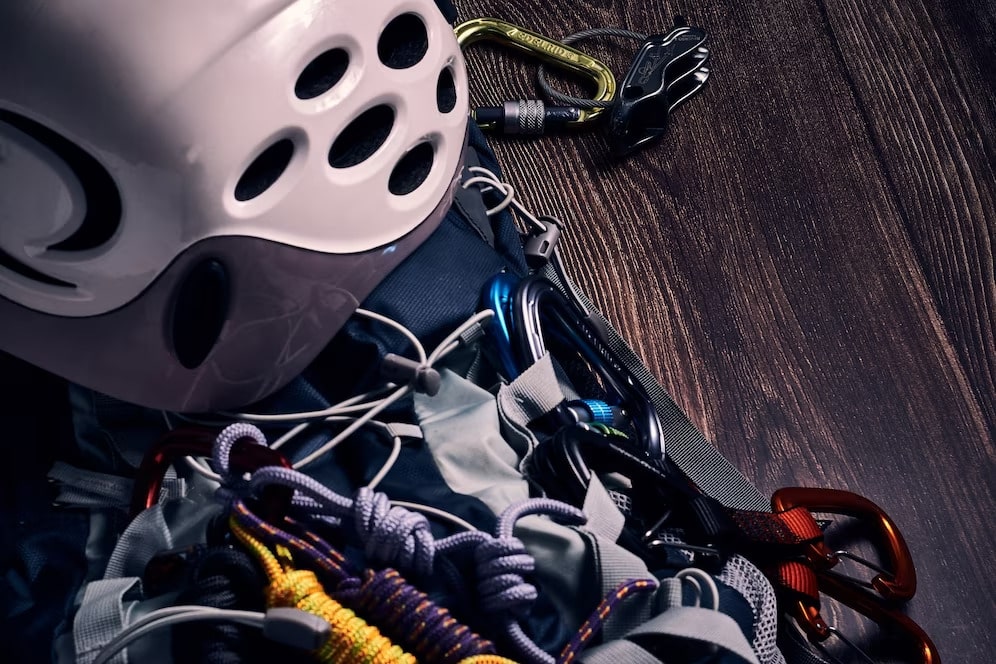
Selecting the appropriate scuba diving gear is an essential aspect of making the most of your underwater adventures, as it allows you to experience the wondrous marine life safely and comfortably.
Renting vs. buying gear
Renting versus buying gear can make a significant difference in your budget and personal preferences. Renting gives you the flexibility to try various types and brands without commitment, while buying ensures that you have a tailor-made set attuned to your requirements.
Trying on and testing gear before purchasing
When choosing your gear, it’s important to try it on and test before making a purchase, as well-fitting and high-performing equipment enhances the quality of your underwater experience. Ultimately, the key to a fulfilling scuba diving expedition is striking the right balance between budget and comfort, while prioritizing safety and performance.
Seeking recommendations from instructors or experienced divers
When selecting scuba diving gear to meet your individual needs and preferences, the choices can be overwhelming; especially for those just starting out. The best way to narrow down the options is by first seeking advice from instructors or experienced divers, who can provide valuable insight into their own personal preferences and experiences.
Considering future dive plans and goals
Additionally, considering what type of diving you are likely to do in the future, as well as any goals you may have to progress your dive certification levels can help refine your selection of gear. By doing this, you can ensure that the equipment you choose suits both your current requirements and any ambitions you may have in diving down the line.
